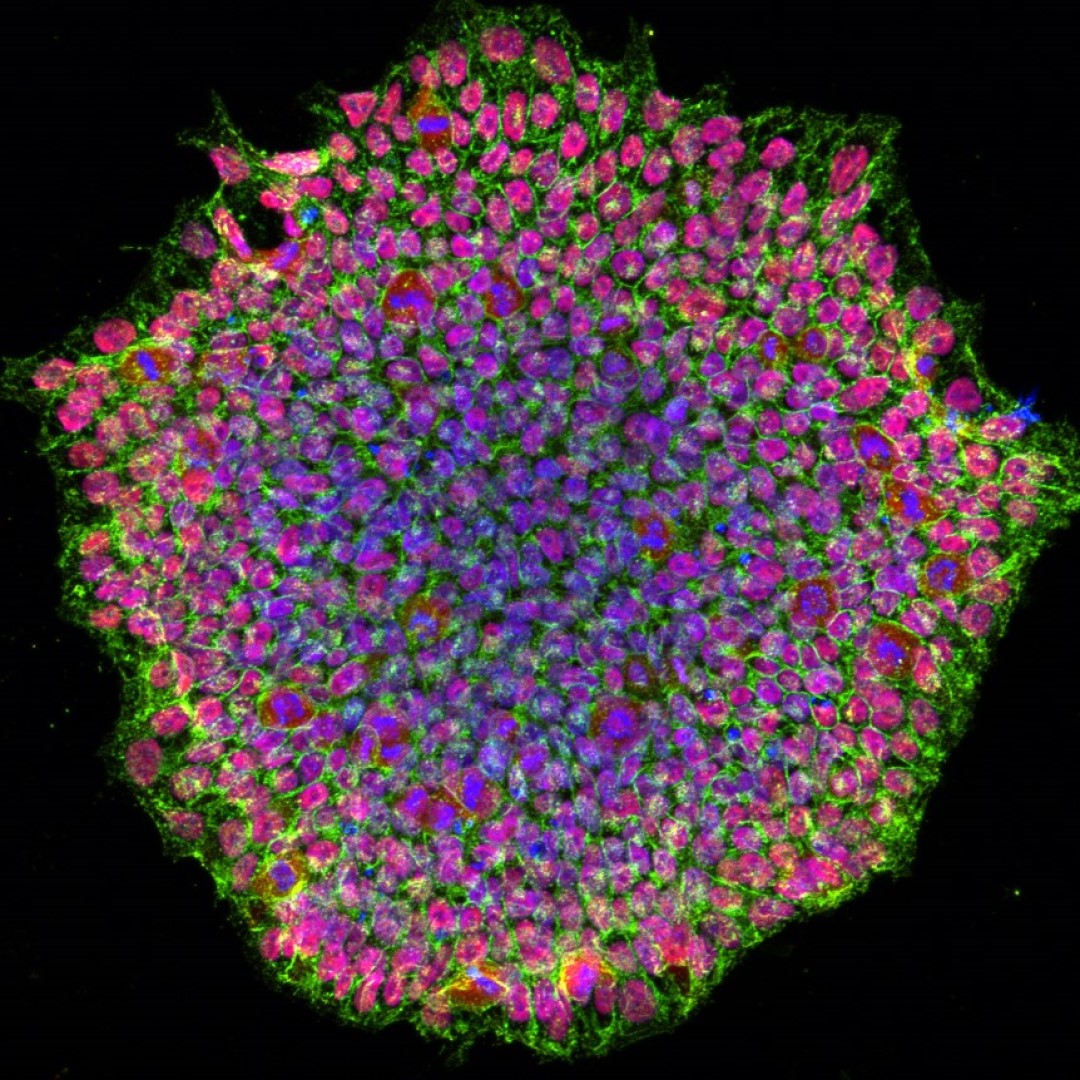
Proteins that regulate animal stem cells are much older than animals themselves
On Nov. 15, 2024, an international research team including scientists from the Max Planck Institute reported that critical proteins involved in animal stem cell regulation are much older than previously thought.
Their study focused on two crucial proteins involved in stem cell regulation: SOX and POU transcription factors. SOX and POU play a vital role in maintaining the “stemness” of cells and were believed to be an animal-specific innovation. This view has now been contradicted. Using molecular phylogenetics, the research team identified these proteins in choanoflagellates, which are considered the closest single-celled relatives of animals and separated from the animal family tree more than 700 million years ago.
Remarkably, when tested in mouse stem cell cultures, the resarchers found that choanoflagellate SOX proteins could functionally replace their mouse counterparts, demonstrating their ability to activate the complex genetic programs required for stem cell formation. Importantly, these reconstructed ancient proteins, like their existing counterparts, could also induce stem cell reprogramming in mouse cells. This confirmed that the molecular traits enabling Sox proteins to induce “stemness” are truly ancestral, predating the evolution of animals themselves. The study was published in Nature Communications.
Tags:
Source: Max Planck Institute for Terrestrial Microbiology
Credit: Photo: Confocal microscopic image of a colony of human induced pluripotent stem cells. Red indicates transcription factor Oct-4, green the protein SSEA4, and blue the nuclei of the cells. Courtesy: U.S. National Eye Institute.
